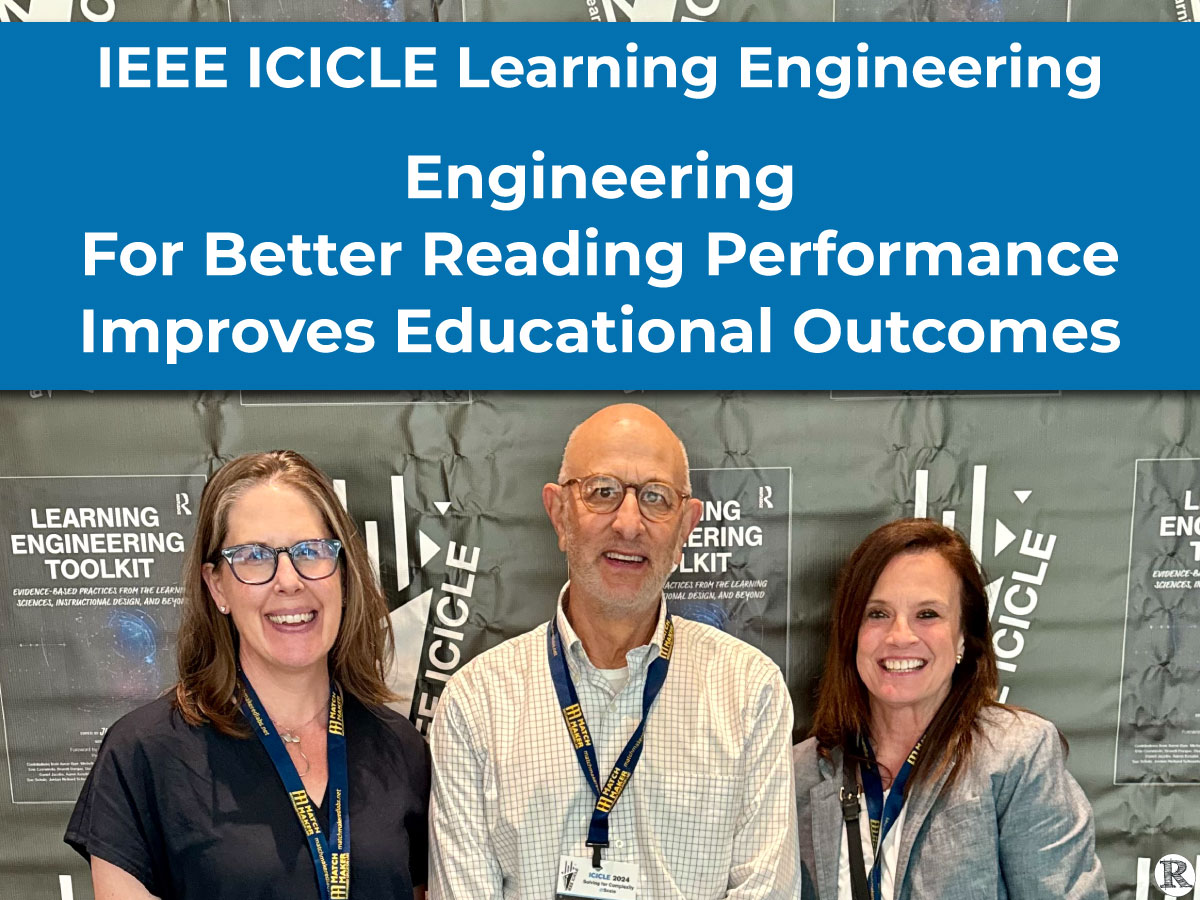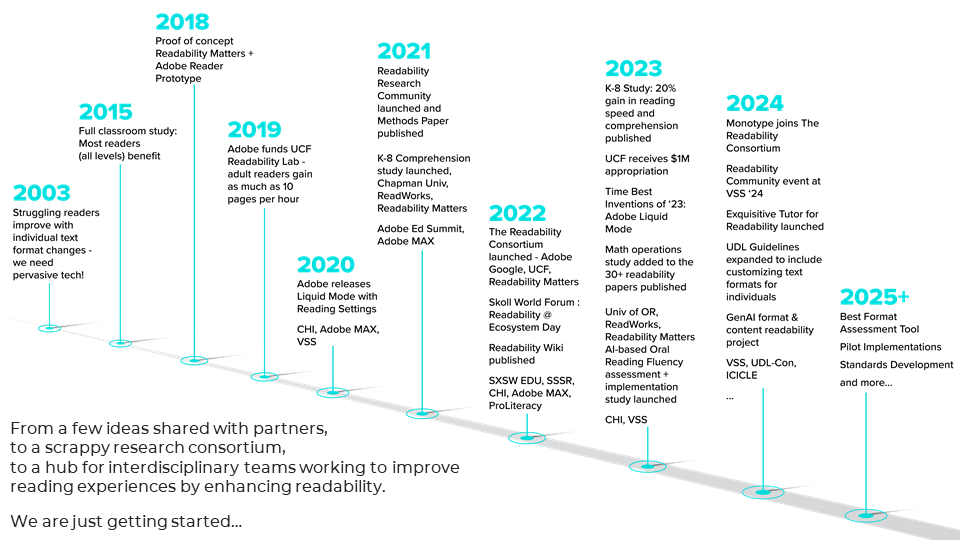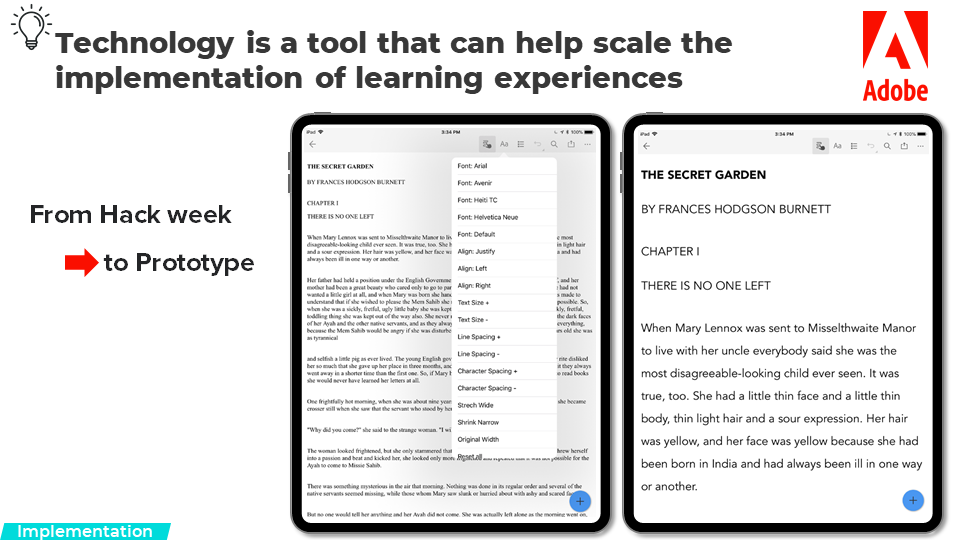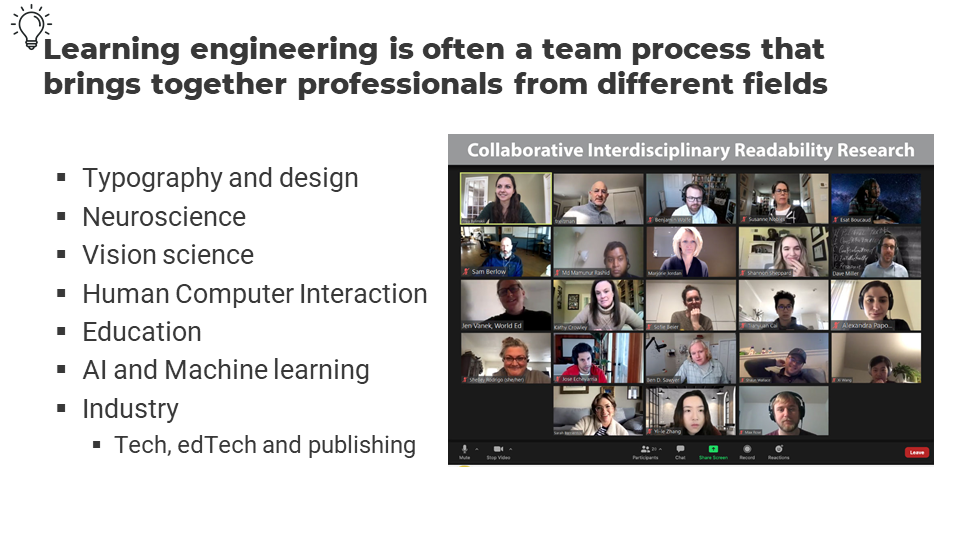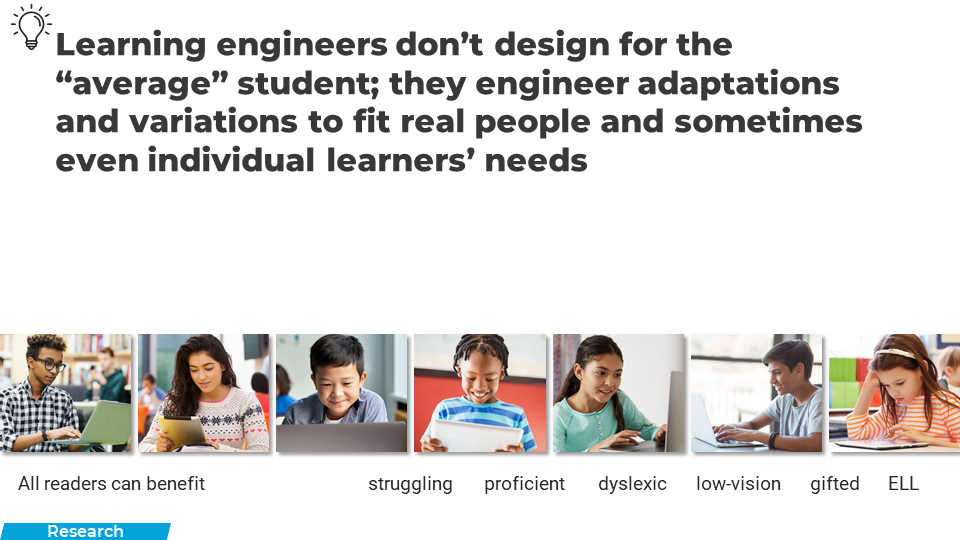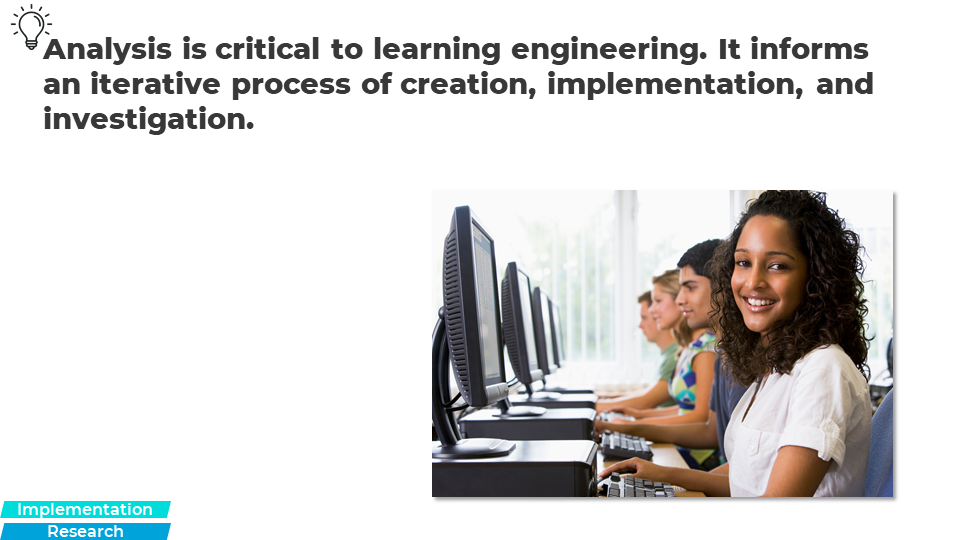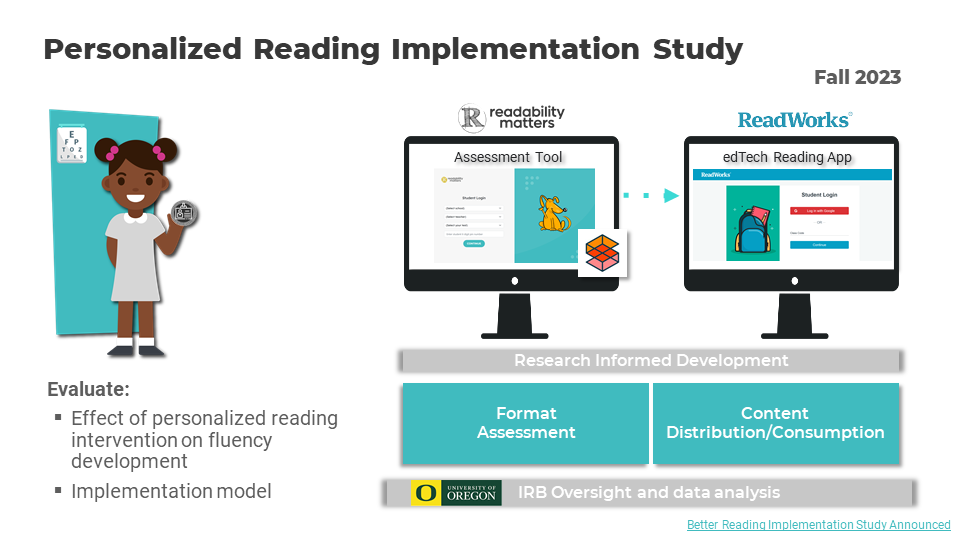IEEE Standards Association | ICICLE
International Consortium for Innovation and Collaboration in Learning Engineering
Engineering for Better Reading Performance Improves Educational Outcomes
At the 2024 IEEE ICICLE conference, Readability Matters’ Co-Founder Kathy Crowley, with colleagues Rick Treitman, Adobe, and Dr. Susanne Nobles, ReadWorks, presented the Learning Engineering approach taken by a broad ecosystem of interdisciplinary partners to deliver better student reading performance. Research demonstrates that personalized text formats can significantly improve reading speed and comprehension, with the potential for tremendous benefits in education.
The proliferation of technology and rapidly expanding edTech tools create an immediate opportunity to develop personalized digital text learning environments. Kathy started the session by outlining the growing body of work moving toward implementations designed to realize the potential benefits. Shifting the long-standing one-format-fits-all reading paradigm requires a cyclical process of early implementation and academic research to ensure evidence-based solutions are deployed.

Drawing from the Learning Engineering Toolkit, the team highlighted vital principles that have guided the collective efforts:
- Technology is a tool that can help scale the implementation of learning experiences
- Learning engineering is often a team process that brings together professionals from different fields
- Learning engineers don’t design for the “average” student; they engineer adaptations and variations to fit real people and sometimes even individual learners’ needs
- Analysis is critical to learning engineering. It informs an iterative process of creation, implementation, and investigation
Technology is a tool that can help scale the implementation of learning experiences
In 2017, Readability Matters’ founders contacted Rick Treitman, Entrepreneur in Residence at Adobe, to discuss the benefits of personalized reading formats. Rick recognized the potential value of offering personalization features and the synergy with work Adobe had in progress to reflow PDF text in Adobe Reader for better reading experiences on mobile devices. Rick and a team of developers created a prototype, adding reading settings to the reflow technology that came to be known as Liquid Mode. The prototype won an internal Hack Week competition and was enhanced for use in a classroom study, proving the concept in a digital reading application.
Learning engineering is often a team process that brings together professionals from different fields
Adobe Research got involved, engaging researchers from a number of disciplines and launching investigations across many fields, resulting in a growing body of work and 30+ published papers.
Readability Matters engaged Dr. Susanne Nobles, Chief Academic Officer at ReadWorks, to join the work. Together with Dr. Shannon Sheppard, a cognitive neuroscientist, a study was designed to evaluate the impact of personalized text formats on reading comprehension. Consistent with previous work, students responded differently to text formats and increased both reading speed and comprehension simultaneously by 21%.
Learning engineers don’t design for the “average” student; they engineer adaptations and variations to fit real people and sometimes even individual learners’ needs
The study again demonstrated that no one text format is best for all readers. Some students read best with extra character spacing, some with widened characters, and some with both features adjusted. ReadWorks began evaluating its platform for readability enhancements and added the option for students to increase the text size they read on the platform.
Analysis is critical to learning engineering. It informs an iterative process of creation, implementation, and investigation
Susanne and the team are involved in a new research project. With Readability Matters and literacy experts Dr. Gerald Tindal and Dr. Joseph Nese at the University of Oregon, the group designed a study to learn more about how to implement personalized text formats for better readability.
To make implementation a reality, there is a need for (1) reading format assessment and (2) content delivery in the student’s best text format. Readability Matters built a new voice AI-based assessment tool, which was used to report the student’s best format to ReadWorks. The ReadWorks reading platform then delivers the student’s reading material in that text format.
Interesting Intersections
The team enjoyed conversations with professionals from many different disciplines and industries. The conference’s interactive design invited collaboration and idea-generating conversation.
One highlight was a discussion with Punya Mishra, Director of Innovative Learning Futures at the Learning Engineering Institute. He quickly advocated for developers to make critical readability features available and clearly visible in reading applications. The sooner the features are available, the sooner the learning and engineering cycle can begin to iterate through investigate-create-test.
A recurring theme throughout the conference, highlighted by Dr. Danielle McNamara (ASU), was the need to connect research to practice; we need to ensure the research results get into implementation and influence further study. Planning for implementation at scale informs good research design.
The team was excited by the conference and looks forward to continuing the conversations and actively participating in the ICICLE Learning Engineering community!
Interested in getting involved? Connect with us!
Register for updates or leave a note here.
Learn more
ICICLE Learning Engineering Toolkit
The Adobe Proof of Concept
ReadWorks.org
Readability Wiki
Readability Matters’ Research Page
The Readability (research) Consortium
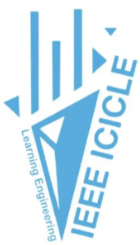 About IEEE ICICLE Learning Engineering Conference: The ICICLE’s Learning Engineering conference, co-hosted with ASU Learning Engineering Institute, revolves around the overarching theme of “Solving for Complexity at Scale,” focusing on solving the implicit complexity of learning challenges at different scales, from the individual tutor to massive open online courses and everything in between.
About IEEE ICICLE Learning Engineering Conference: The ICICLE’s Learning Engineering conference, co-hosted with ASU Learning Engineering Institute, revolves around the overarching theme of “Solving for Complexity at Scale,” focusing on solving the implicit complexity of learning challenges at different scales, from the individual tutor to massive open online courses and everything in between.
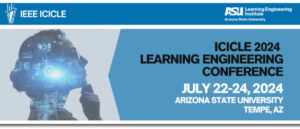 The conference covers a blend of theoretical insights and practical applications across topics related to the learning engineering process, learning sciences, learning analytics, cognitive science, teamwork, technology innovations, and human-centered learning. Engaging sessions, such as Lightning Talks, Show and Share Presentations, Active Learning Sessions, Stations of Exploration, and Showcase Your Work, will actively involve participants and contribute to the advancement of learning engineering.
The conference covers a blend of theoretical insights and practical applications across topics related to the learning engineering process, learning sciences, learning analytics, cognitive science, teamwork, technology innovations, and human-centered learning. Engaging sessions, such as Lightning Talks, Show and Share Presentations, Active Learning Sessions, Stations of Exploration, and Showcase Your Work, will actively involve participants and contribute to the advancement of learning engineering.

